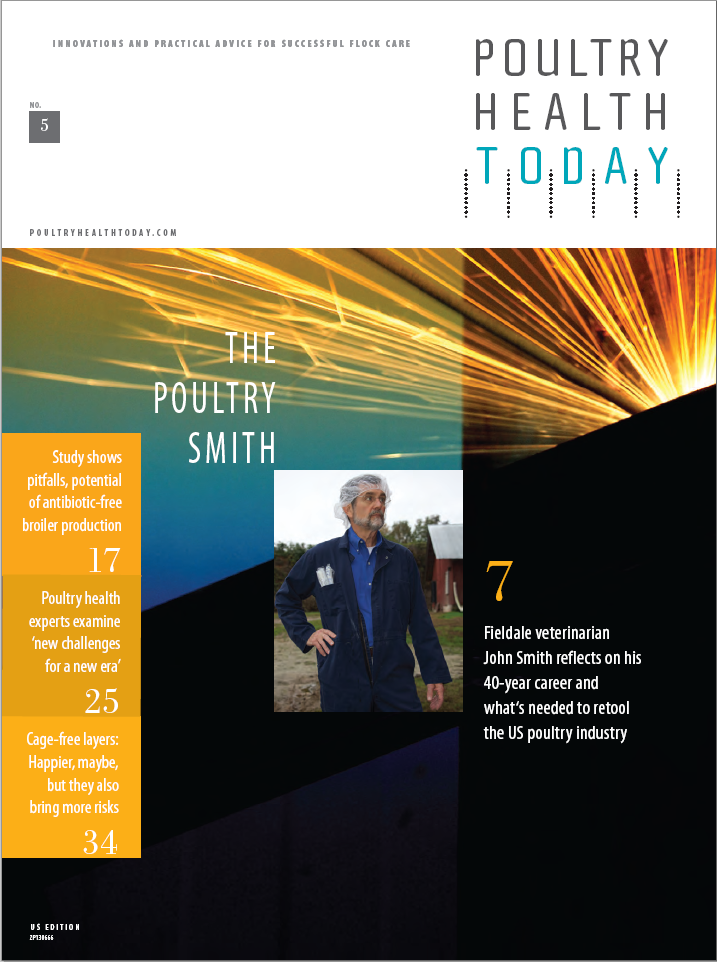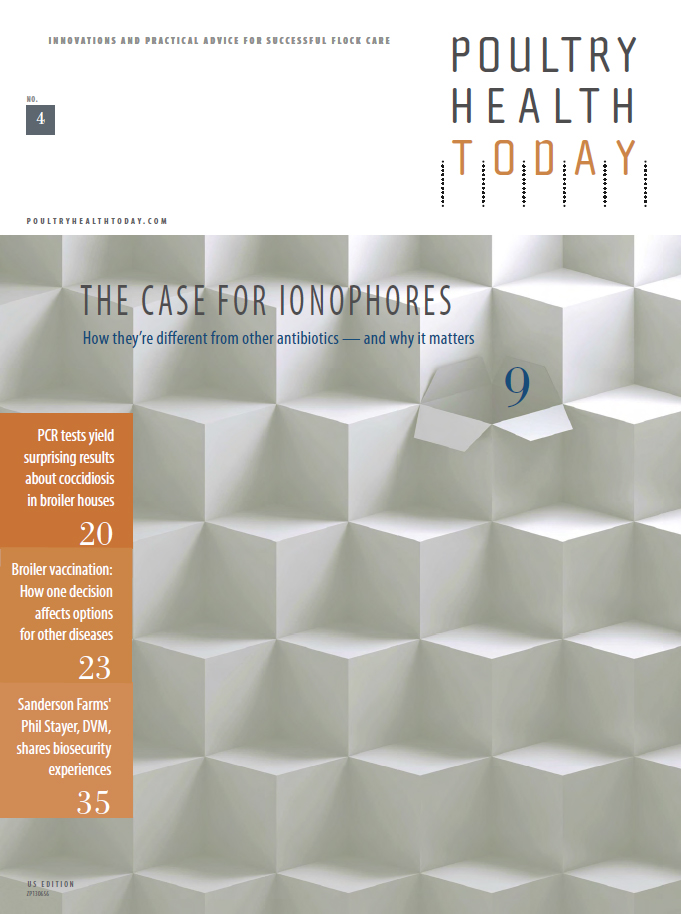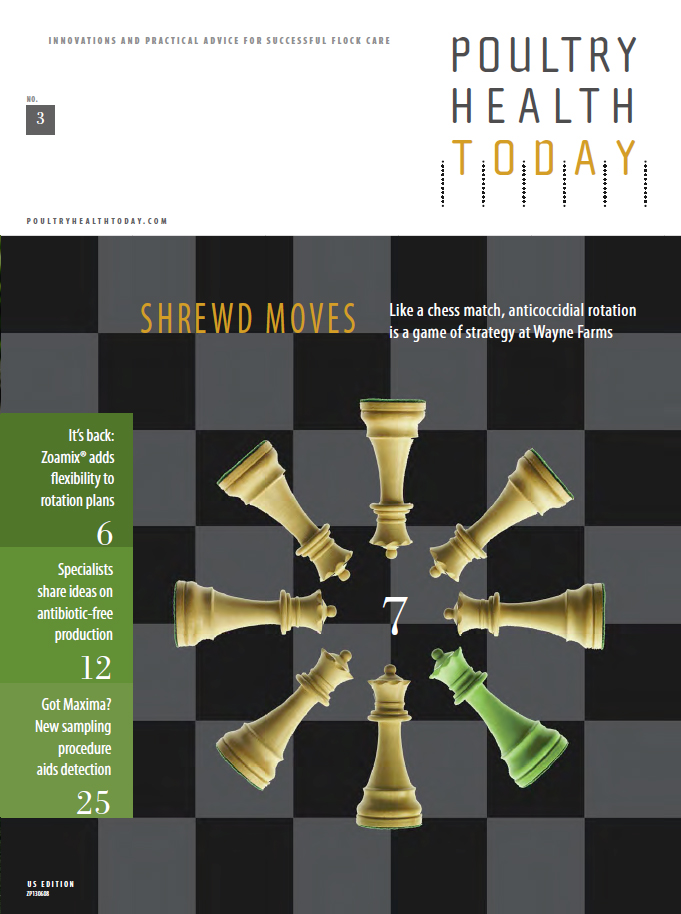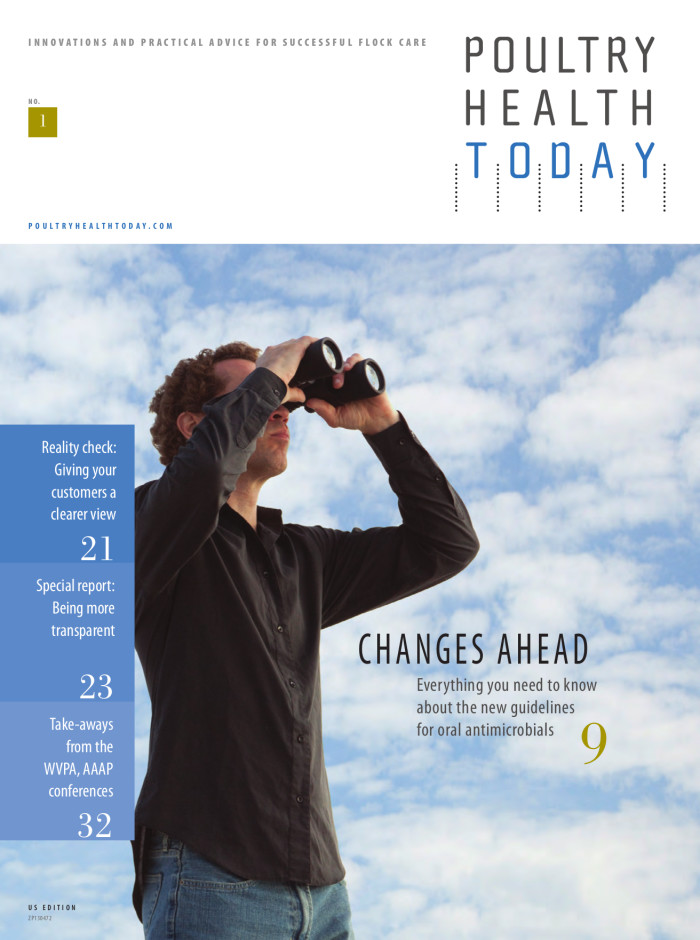

Why comply?
 FDA's new antimicrobial guidelines
are strictly voluntary - to a degree.
In the agency's own words, they "do
not establish legally enforceable
responsibilities"; they merely "describe
the FDA's current thinking on a topic"
and, unless otherwise indicated, should
be viewed only as recommendations.
FDA's new antimicrobial guidelines
are strictly voluntary - to a degree.
In the agency's own words, they "do
not establish legally enforceable
responsibilities"; they merely "describe
the FDA's current thinking on a topic"
and, unless otherwise indicated, should
be viewed only as recommendations.
However, pharmaceutical companies that choose to comply with GFI 213 would effectively give up currently approved performance claims on antibiotics deemed medically important and place the remaining therapeutic uses under veterinary oversight - essentially making them prescription or Veterinary Feed Directive products instead of over the counter. Once that happens, veterinarians and animal producers cannot use these drugs for increased growth or feed efficiency.
So what incentives do drug sponsors have to comply?
Apparently plenty. Over the 3-year period following the release of the final version of GFI 213, FDA plans to evaluate the rate of adoption of its proposed changes. If it thinks the process needs a boost, it "will consider further action as warranted."
In the meantime, the agency says it "recognizes the significance of the proposed changes" on the animal pharmaceutical industry, producers, the feed industry and veterinarians. It, therefore, opted for a voluntary phase-in to get everyone on board with its new direction.
RIGHT WAY TO GO
"We are very optimistic that the industry will work cooperatively with us," William Flynn, deputy director for FDA's Center of Veterinary Medicine, told Poultry Health Today in a recent interview.
"We think this is the right way to go and it's important to make progress. And that's why we have set some fairly specific goals and timelines in connection with this."
Even so, Flynn insisted it would not be a "completely open-ended" process. "We're going to have to reassess where we are as we work through the voluntary process. We feel pretty confident, based on the interactions we've had with the industry, that this will be a successful approach and will have a high degree of cooperation.
"But again, we'll have to re-evaluate at the end of [3 years] and make a determination if we need to take any other steps."
MEASURING SUCCESS
How will success be measured? There are many yardsticks available, but one clear indicator to Flynn will be the pace at which manufacturers drop performance claims - such as an increased rate of growth and feed efficiency - from the medically important antibiotics.
Under the new guidelines, performance claims and over-the-counter availability will be limited to antimicrobials not considered medically important.
More Issues












